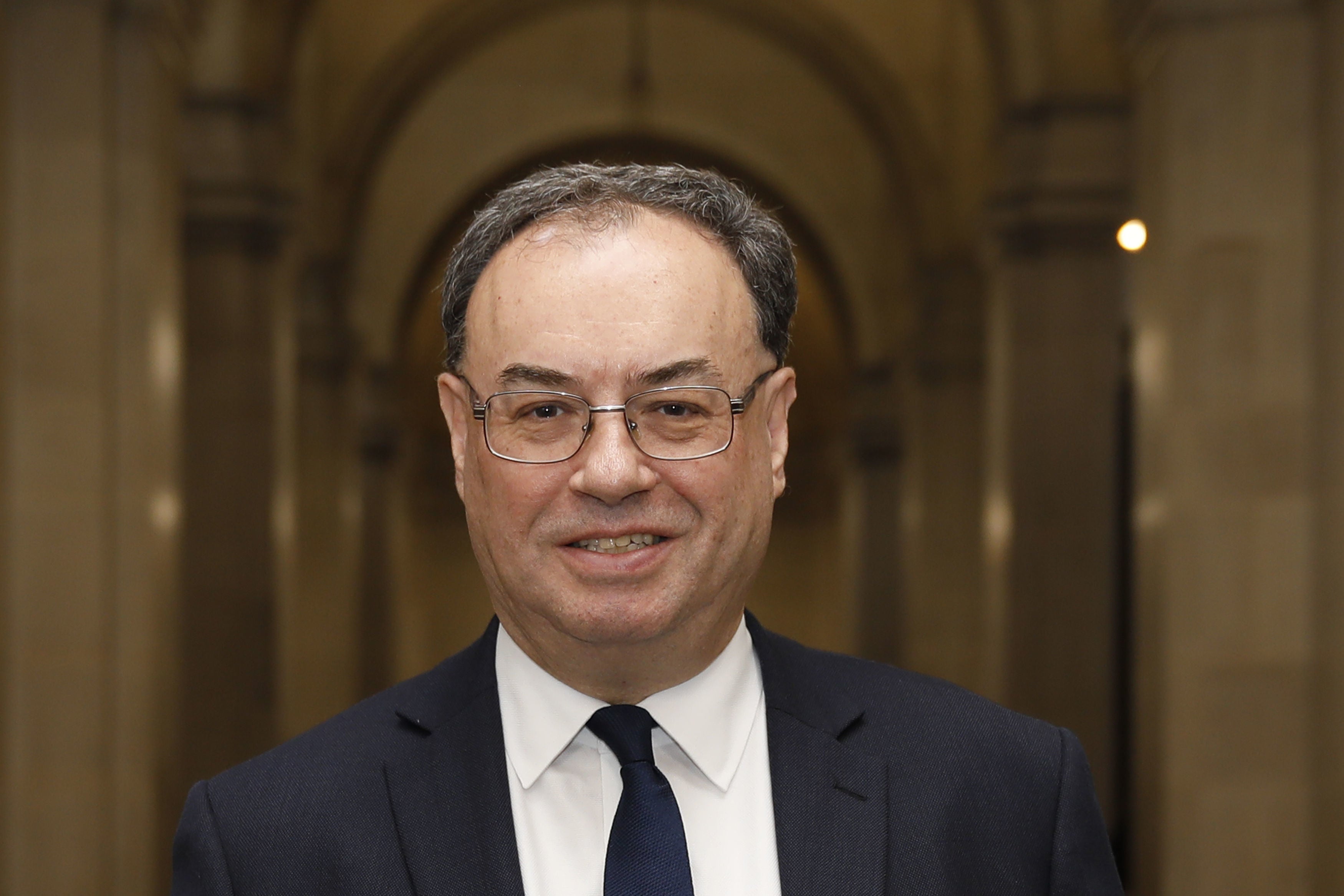Amid warnings that inflation could rise, how do we protect ourselves?
It is impossible to give specific advice because everybody’s circumstances are different but there are some general principles, writes Hamish McRae


What happens if inflation rises? We won’t know whether it will but we do know that Andrew Bailey, governor of the Bank of England, is concerned that it might. So far the markets have shrugged off the warning, but look around the world and there are plenty of early warning signals.
It is pretty clear that there will be a burst of inflation in the coming months. There will be the huge injection of demand into the world economy from the Biden economic package. We have just had an expansionary Budget here, at least for the next year. Oil prices are rising, and that has in the past fed through into industrial costs. And, of course, there has been the huge boom in asset prices just about everywhere.
Thus, UK house prices are at an all-time record, and the Dow Jones hit an inter-day high on Monday. US house prices were up 14 per cent year-on-year in January. True, there are some laggards, including UK shares in general and gold. US high-tech stocks have also trimmed back, with some of the most famous, such as Tesla, falling quite a lot. The Nasdaq index of US high-tech securities has fallen by 10 per cent from its peak. But the big picture is one of buoyant asset inflation, and threatened current inflation.
In normal times the response of the central banks would be to start increasing interest rates. It is a crude weapon but an effective one. This time they won’t, or at least not until they absolutely have to. Andrew Bailey coupled his concern about inflation with this: “We will need more evidence than we usually do that we are seeing sustainable inflation.”
Janet Yellen, secretary of the treasury, said fears that the Biden stimulus would trigger inflation were misplaced: “I really don’t think that is going to happen. We had a 3.5 per cent unemployment rate before the pandemic and there was no sign of inflation increasing.”
But suppose that is wrong. There must be a risk that once the world economy settles down that all the money the central banks have created will drive up prices. Guilhem Savry, at the Swiss bank Unigestion, has just put out a note saying: “Investors underestimate the risk of inflation surprises, both in terms of amplitude and longevity.”
PIMCO, the huge managers of fixed-interest funds, thinks that in Europe at least interest rates will remain low, but it warns: “Investors should not disregard the threat of inflation simply because it has stayed low for the past several years. Moreover, the market has not reached a consensus that inflation will re-emerge, so the return profile is asymmetric given the market hasn’t priced in sufficient inflation risk premium.”
That surely is the key point: we don’t know whether inflation will rise, but markets are not pricing in the risk that it might. So what should prudent people do to protect themselves? It is impossible to give specific advice because everybody’s circumstances are different. But there are some general principles.
One is that for anyone thinking of borrowing to buy a home, it must be sensible to borrow while interest rates remain low, because at some stage they will start rising. Another is for anyone with savings it cannot be a good time to hold fixed-interest securities, because they give no protection against inflation.
Beyond those basics, and beyond the absolutely central advice that people should always seek to spread risks, there is the intriguing point that the UK is still unfashionable among international investors – but slowly becoming more fashionable again. So sterling has been particularly strong.
Stephen King, economic adviser to HSBC, thinks that the change in mood about the country will continue to drive the pound higher. It seems also to be leading to a reassessment of UK assets more generally, underpinning the share prices of companies that focus on the UK market.
Of course asset prices globally depend more on the US than anywhere else. It accounts for more than half the world’s stock market capitalisation. And, of course, the established US high-tech giants will continue to dominate the world economy. Apple, Amazon, Microsoft and the rest are going to be around for a long while yet.
It is easier to say what people should not than what they should. But if inflation does indeed become a serious concern, probably the best way of protecting savings is to spread them around the world in the shares of solid companies that make profits and pay dividends. And that, I suggest, explains why the Dow Jones index traded at an all-time high on Monday.



Join our commenting forum
Join thought-provoking conversations, follow other Independent readers and see their replies
Comments